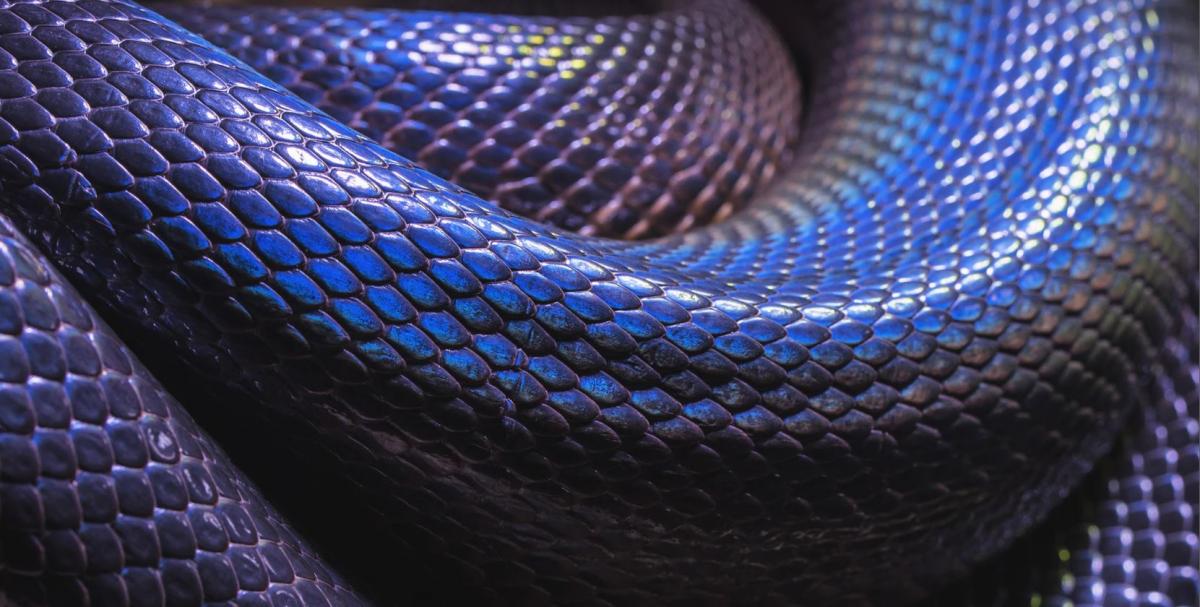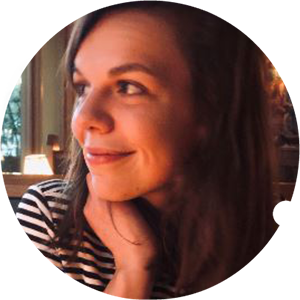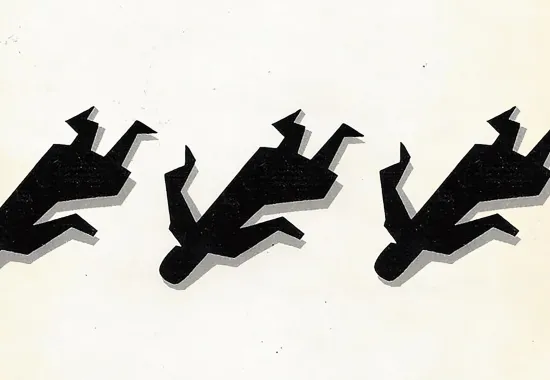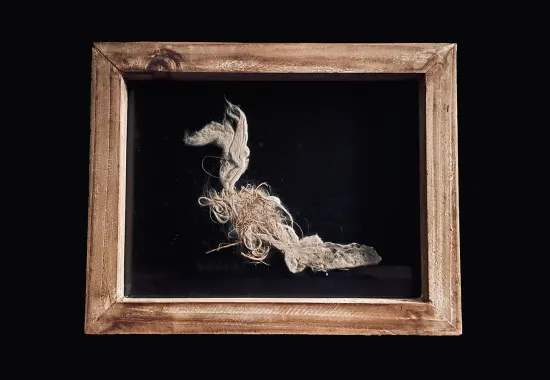"I Wore my Anger Like a Shroud:" On Poetry, Art, and Shielding the Self
Two summers ago, when I visited the Uffizi Gallery in Florence, Italy, what I wanted to see most were Botticelli’s late-fifteenth century Primavera and Caravaggio’s Medusa (1597). Botticelli’s enormous painting is famous for its depiction of Venus in the orange grove; Caravaggio’s shield for its rendering of the Gorgon just before Perseus executes her.
While navigating the throng of selfie stick-wielding tourists in the Botticelli room, I cared little about Venus and her trio of hand-holding Graces. I positioned myself so I could see clearly the figures to the right of Venus. I couldn’t look away from that frosty-blue wind god or the nymph gazing wide-eyed over her shoulder—hair snarled, fingers clawed, a green frond hanging from her mouth. The scene illustrates the moment Zephyrus seizes the nymph Chloris. Between Venus and the nymph stands a pregnant woman dressed in flowers.
Further examination makes clear that this woman is Chloris after she undergoes the transformation that transpires from her capture. As Flora, the goddess of spring, Chloris has exchanged her disarray for composure and pregnancy. Smiling demurely, Flora’s expression is passive yet determined, as if willing the viewer to question her.
It was precisely this duality in Botticelli’s representation of Chloris/Flora—the one attempting to escape Zephyrus and the one who reappears from her abduction—that captivated me. How did she attain that vision of composure after Zephyrus took her? What had happened to Flora to make her appear as if she were perfectly fine despite having been so dramatically altered? The longer I studied her, the more certain I became that Flora’s composure was a front that I, in my own way, understood.
•
My poem “Shield” confronts a specific period of time the speaker is only in retrospect able to account for. In the poem, the speaker recalls how, during her first year of marriage, she “ate pomegranates / with a steak knife” and “wore (her) anger like a shroud.” I wrote “Shield” before I visited the Uffizi, but the poem is the first in an entire manuscript that explores a period that is both physically and emotionally transformative for the speaker. It is also the first poem I wrote that directly calls out the speaker’s anger.
Seeing the physical transformation Chloris undergoes in Caravaggio’s painting haunted me. I wanted to see what went on under the surface for Chloris, a desire that translated into the poems I would later write and which “Shield” inspired.
•
I often think back to my visit to the Uffizi and its biggest missed opportunity. Having spent hours wading through the gallery’s crowded halls and rooms—circling back on multiple occasions to look at Caravaggio’s Primavera—I never ended up seeing Caravaggio’s Medusa, the second work I’d been most enthusiastic to see.
Medusa’s power was turning others to stone, and Caravaggio’s shield depicts her at both the turning point in her powers and the height of her anger. Medusa, divided between woman and serpent, brings about the mythological horse Pegasus just before her death.
With Caravaggio, we don’t get to see the before/after of the Gorgon, as we do with Botticelli’s nymph-turned-fertility goddess. What Caravaggio offers instead is a Medusa frozen in her own transformation. Complicating this depiction is the fact that the artist’s adaptation is inspired from his own likeness: Caravaggio infused his monster with his own features. The shield that features Medusa then offers the perfect portrait of betrayal, and one that revolves around its subject’s mirroring her creator’s own image. Unlike Chloris, who seemingly becomes more powerful after Zephyrus abducts her, when Medusa is slayed by Perseus, her capacity to turn those who gaze upon her into stone is likewise robbed from her. In a myth that is as much about the power to create life in one’s own ending as it is about a woman feared, the figure of Medusa captures a kind of hidden rage the speaker in “Shield” identifies for herself. We fear to look upon her.
Though I wasn’t consciously thinking of Medusa when I wrote “Shield,” I believe that my long fascination for the Gorgon is in the DNA of that poem, especially in its closing line, “Some women kill with their looks.”
•
It seems fitting that I never found my way to Medusa, but spent the time studying two versions of the same body whose identity is split. I was having a difficult time writing poetry on my trip, during which I mainly toured museums, consumed in liberal quantities wine and gelato, jotted notes for my novel. My five-week trip to Italy had come at an opportune time for me. It was the first summer I had fully recovered from an illness that had consumed my early twenties and the first I had traveled alone in another country since I married. As the days living in Rome turned into weeks, I was terrified by how much I did not want to leave. It was only after I returned home that I began writing poems about Italy, and how living for five weeks—and experiencing the language, art, and my daily routine in that country—altered my perceptions of my daily life in the States.
Two summers ago, I wouldn’t have been able to gaze upon Caravaggio’s monster with the appreciation I now have for her. Then, I could only identify with Flora and may very well have dismissed Medusa as a defeated creature, one who’s lost her control—her anger is almost painfully overt.
Now I can’t help but wonder if that fear evinced in Chloris’s face during her capture didn’t eventually turn into anger. We never get to witness Chloris becoming Flora. So maybe, like Medusa, beneath what we see when we look at her as Flora is anger. Then again, maybe anger was never Botticelli’s nor even Caravaggio’s intention. Maybe I am just projecting.
Recommended
A Behind the Scenes Look at Art Selection and Cover Design for the NAR
“Doubling and the Intelligent Mistake in Georges Simenon’s Maigret’s Madwoman”
What the Birds Showed My Wounded Child, My Adaptive Adolescent, & My Wise Adult






